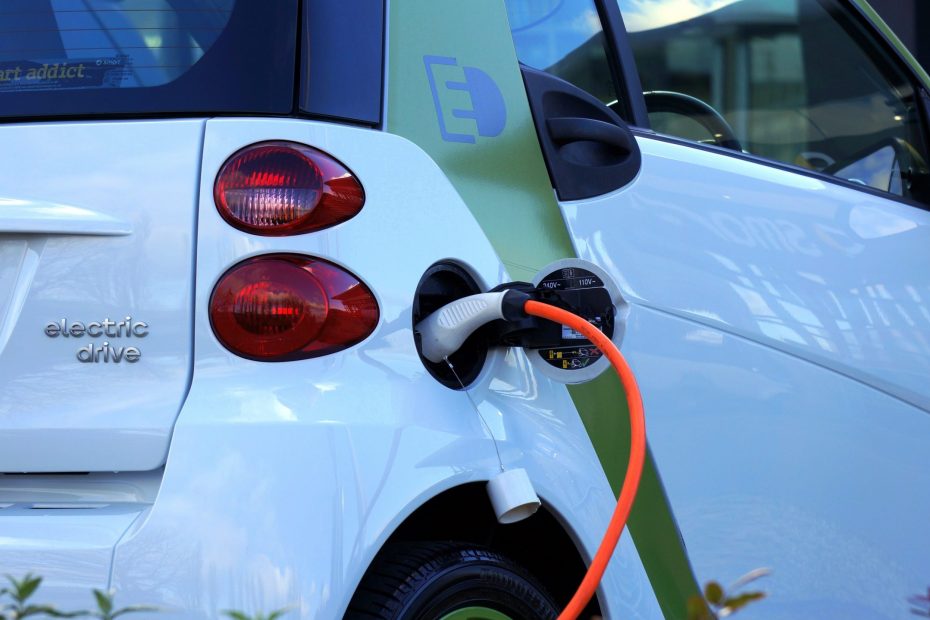The auto industry is shifting from using gas and diesel-fueled cars to electric vehicles or (EV). As part of his infrastructure plan, President Biden has announced that he will be building 500,00 electric vehicle charging stations and is petitioning for billions of dollars to upgrade the electric grid.
Americans have expressed interest in transitioning to using EVs in order to take part in the “clean energy economy”. In fact, a survey conducted by Consumer Reports found that 71% of drivers were eager to purchase an electric car. However, 48% were concerned about the lack of public charging facilities and therefore, were not as keen to buy one.
The Challenges Of Accessing Clean Tech For The Unbanked
Even though there is a high demand for EVs, there is one segment of the population that is being left behind. This “demographic” is known as the unbanked. The unbanked typically live with insufficient income or live in areas where basic financial services are not readily available.
Having transportation in the US, or access specifically to cars, plays a vital role in forming the economic outcomes of low-income homes. Owning a car empowers individuals to have access to more economic opportunities.
Although there are currently 45 states and the District of Columbia that are offering incentives to purchase specific gas-electric hybrids or EVs, they apply only to new vehicles. This means only the more affluent segment of the population can take advantage of this program.
More purchase incentives can certainly increase the number of EVs on the road. There are very few subsidies available in order to purchase used EVs. New financing programs for low and moderate-income consumers who wish to purchase an EV can extend access to clean cars.
Some Solutions
In order for EV adoption to accelerate nationwide there must be affordability.
Forth, a non-profit organization based in Portland, Oregon, launched the Fair Financing Pilot to assist rideshare and delivery drivers to purchase electrical cars. It does so by providing low-interest financing for electric vehicles. The earning potential is considerably increased as the driver no longer has to pay for costly gas and maintenance associated with “internal combustion vehicles”.
Thanks to the combined efforts of Forth and other partners, Oregon drivers are eligible to receive up to $7,500 in rebates from the Oregon Clean Vehicle Rebate Program.
Additionally, it offers rebates up to $2,500 for new, all-electric plug-in hybrid vehicles and zero-emission electric motorcycles. Up to an additional $5,000 for mid-to-low income drivers are available to purchase a new or used electric vehicle.
There are also tax credits available for customers who buy a “qualified residential charging equipment” before December 21, 2021. They are eligible to receive up to $1,000 in tax credit.
California’s The Clean Vehicle Rebate Project, was extended to include an additional $2,500 rebate for those with household incomes less than or equal to 300% of the federal poverty level.
In Vermont, The Department of Transportation has teamed up with Vermont electric utilities as well as the Drive Electric Vermont Coalition to introduce a new EV rebate program with more incentives for state residents with lower income. Eligible residents can get $1,500 or $2,500 towards the purchase price or lease of a PHEV (Plug-in Hybrid) or BEV (Battery Electric Vehicle).
More efforts that are championing to make EVs be more accessible to low to middle income consumers can be found in Minnesota, Colorado, New York, and New Hampshire.
Moving Forward
By purchasing an EV, consumers will save on energy, maintenance costs, and fuel. Thanks to these well-thought out and targeted incentives, EVs can now become accessible to those who are unbanked and are in lower-to-middle income households. This has been done by tackling the most significant impediment of cost by lowering the financial barriers to EV ownership.
